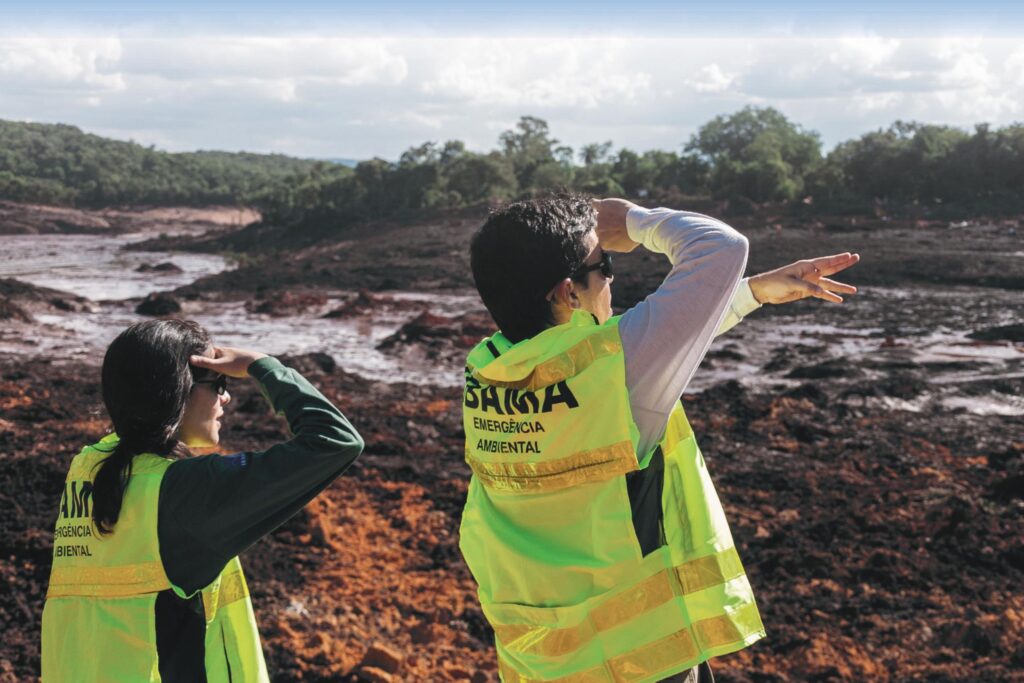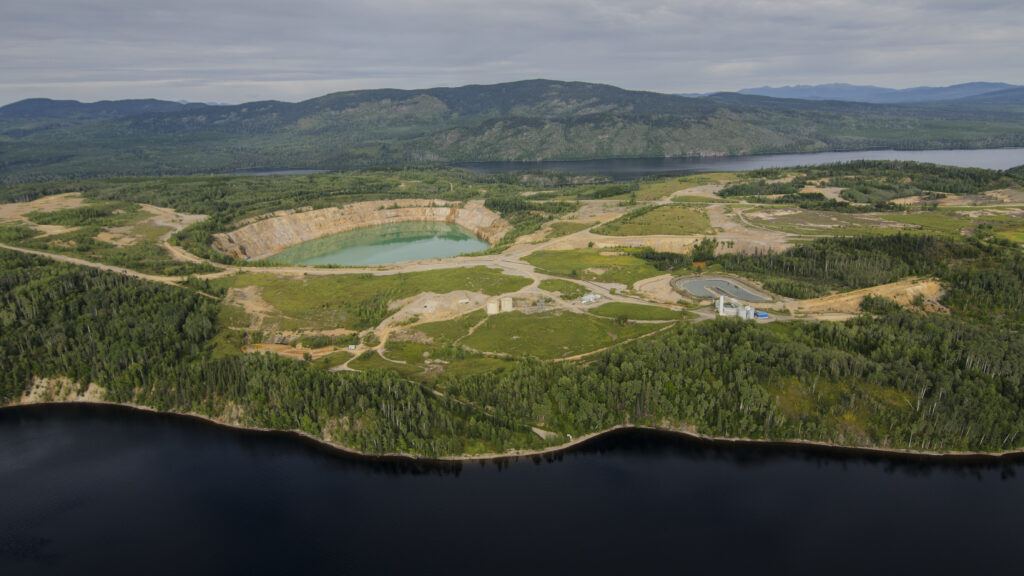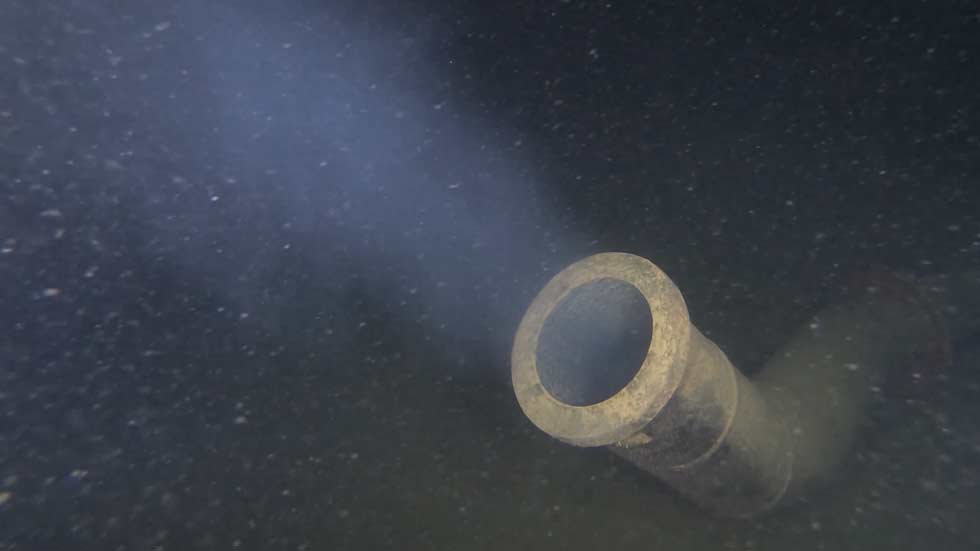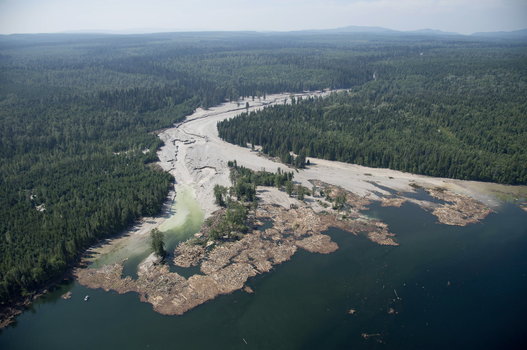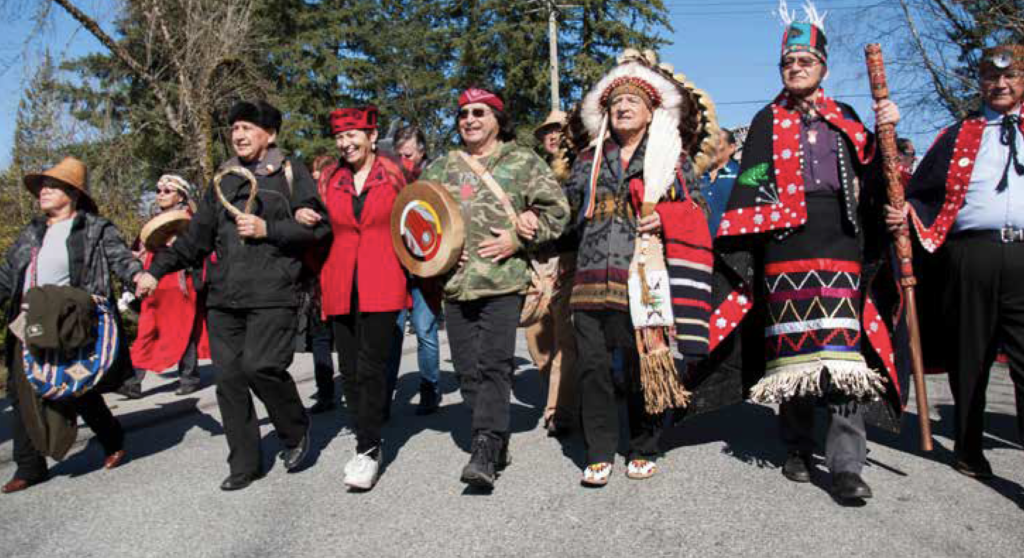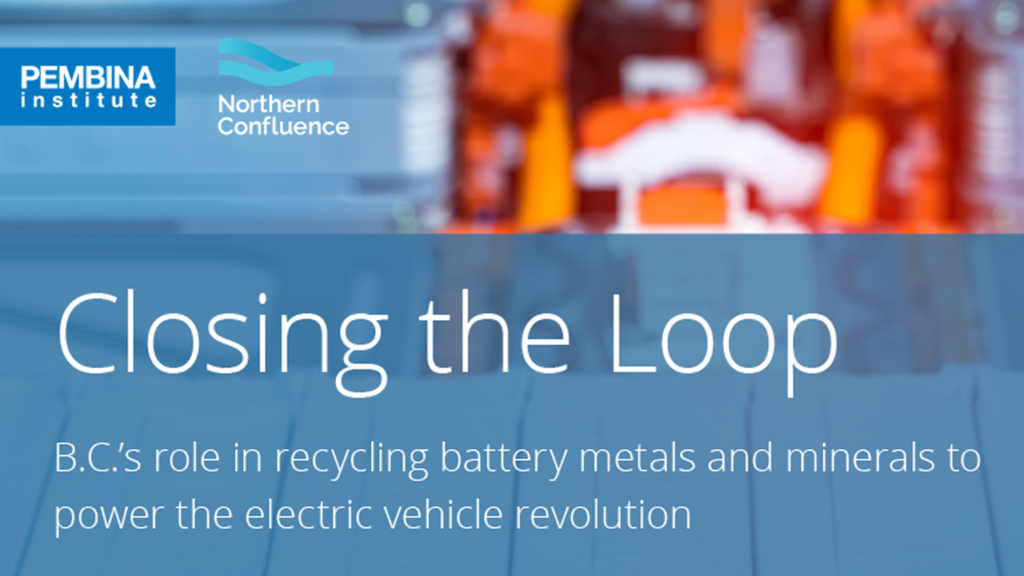Earthworks, MiningWatch Canada, and the London Mining Network have released an updated version of their Safety First guidelines for improving the management of mine waste disposal facilities, also known as tailings dams. The guidelines were updated as tailings dams around the world are failing with increasing frequency and severity, a risk expected to increase with climate-related extreme weather events.
